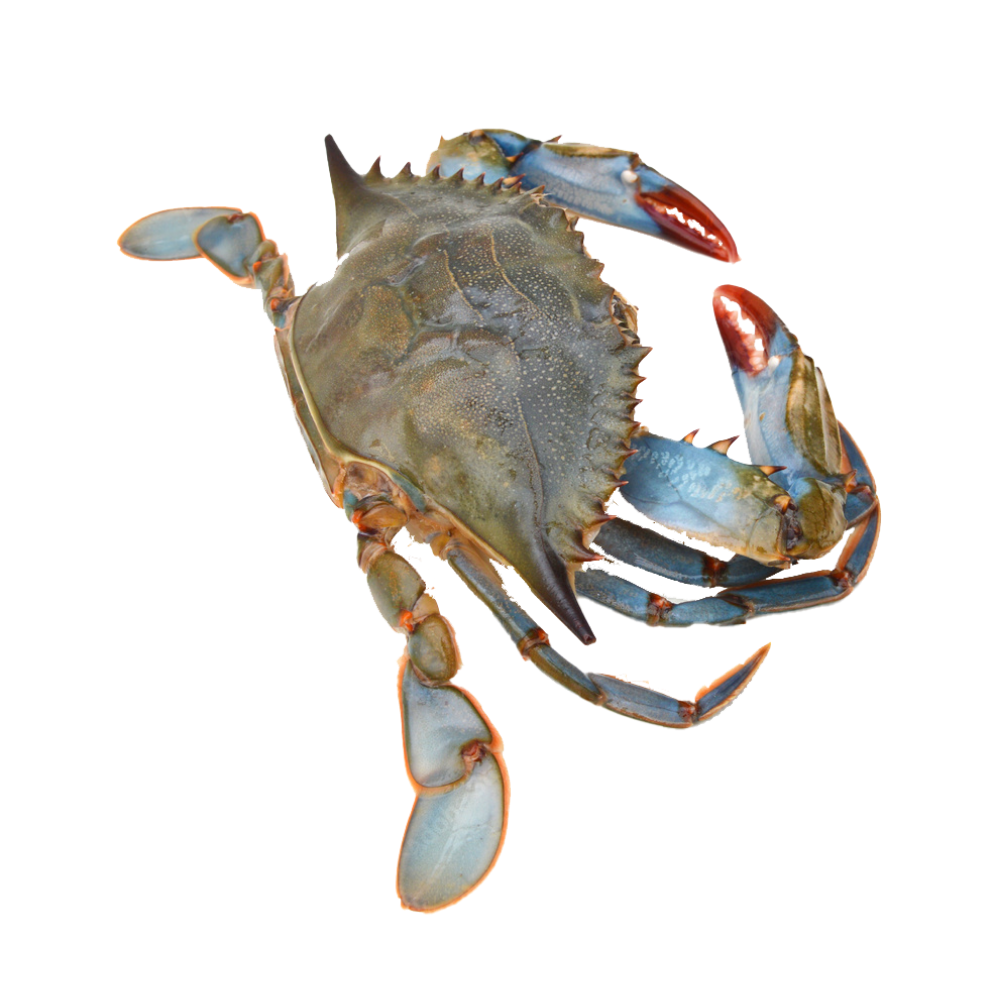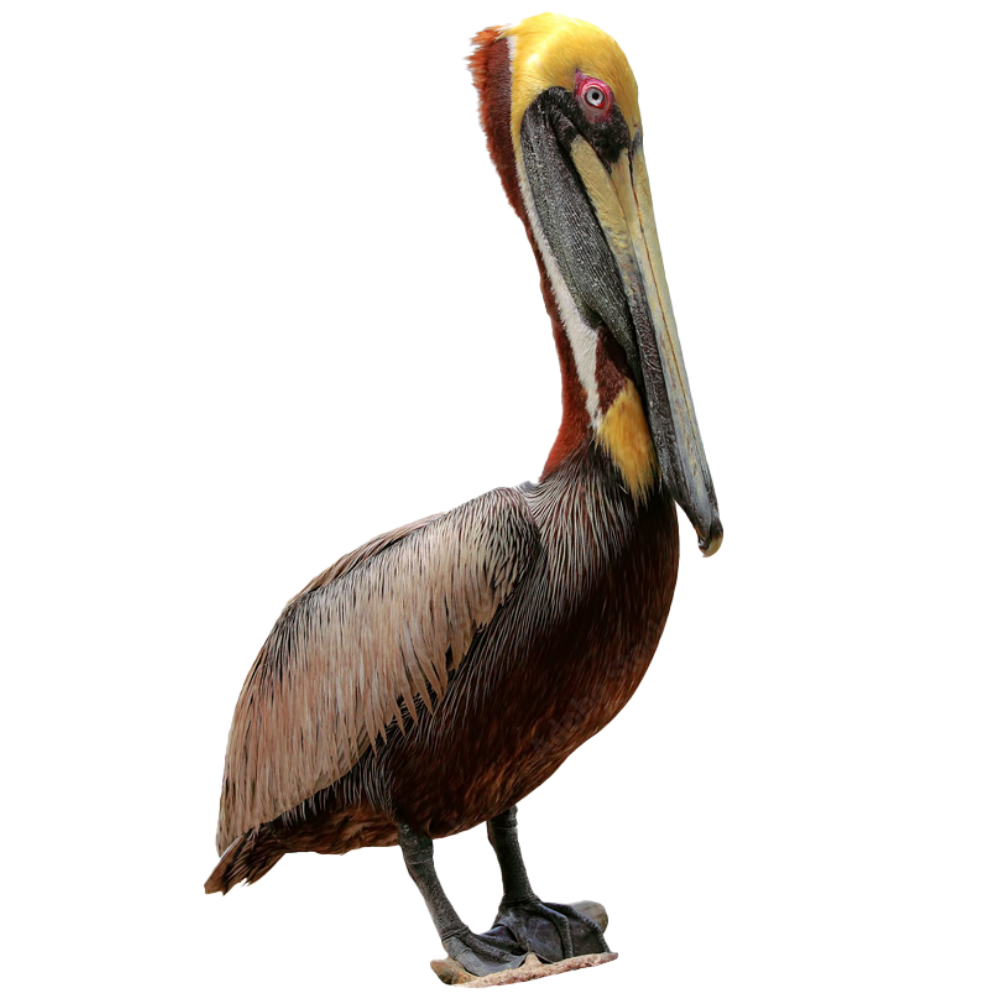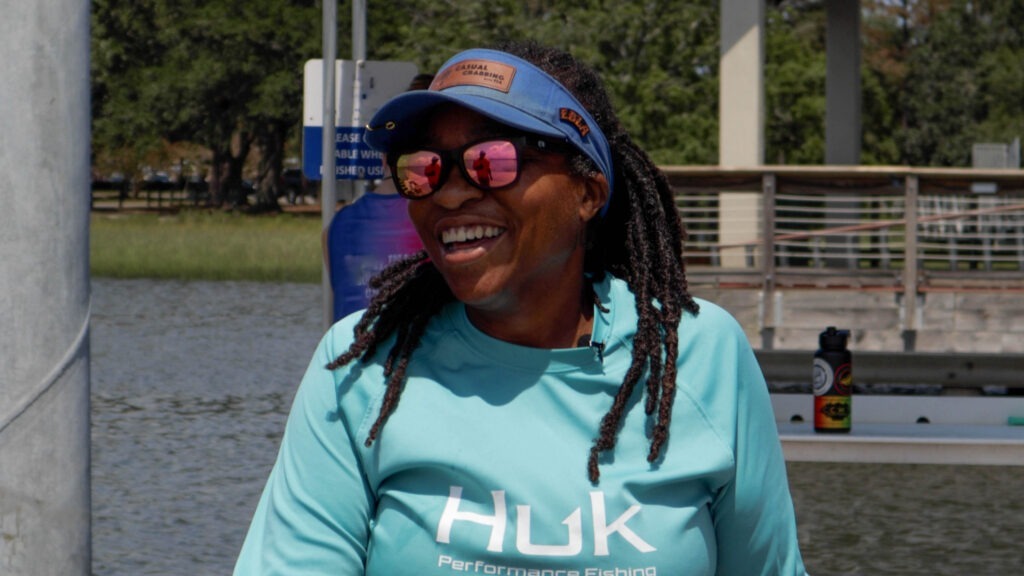Come and celebrate our Culture. Culinary Dishes. and Experiences!
This website was made possible through a grant provided by the National Oceanic and Atmospheric Administration (NOAA) Saltonstall-Kennedy Grant Program.
Gullah Geechee restaurants, food trucks, and caterers showcase our traditional, coastal foodway are key entry points in the cultural fabric of our community. Enjoy these essential culture-keepers and take the opportunity to learn more about traditional, Gullah Geechee foodways!

Experience our rich, cultural heritage gifted to us by our Ancestors through food, art, music and traditional arts and crafts created from the necessity of daily living and evolving into handcrafted, treasured art, such as, sweetgrass baskets, shrimp nets, pottery, textile arts, clothing, quilting and more!
Spend the day in Gullah Geechee communities through people, places & t’ings!
Click on the icon to learn more about the locations, operating hours, social media and websites of our local restaurants, landmarks, experiences, lodging and creators!

